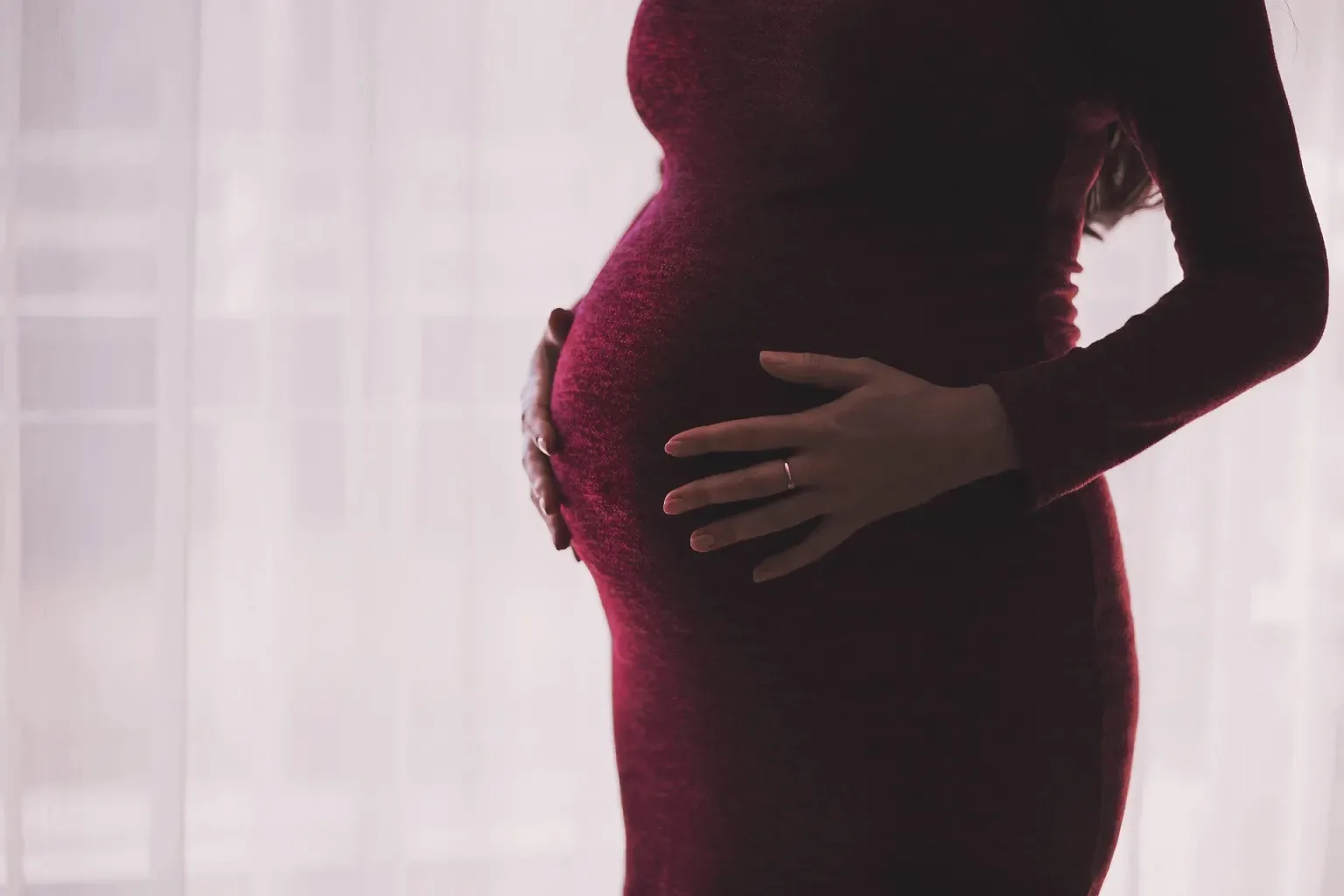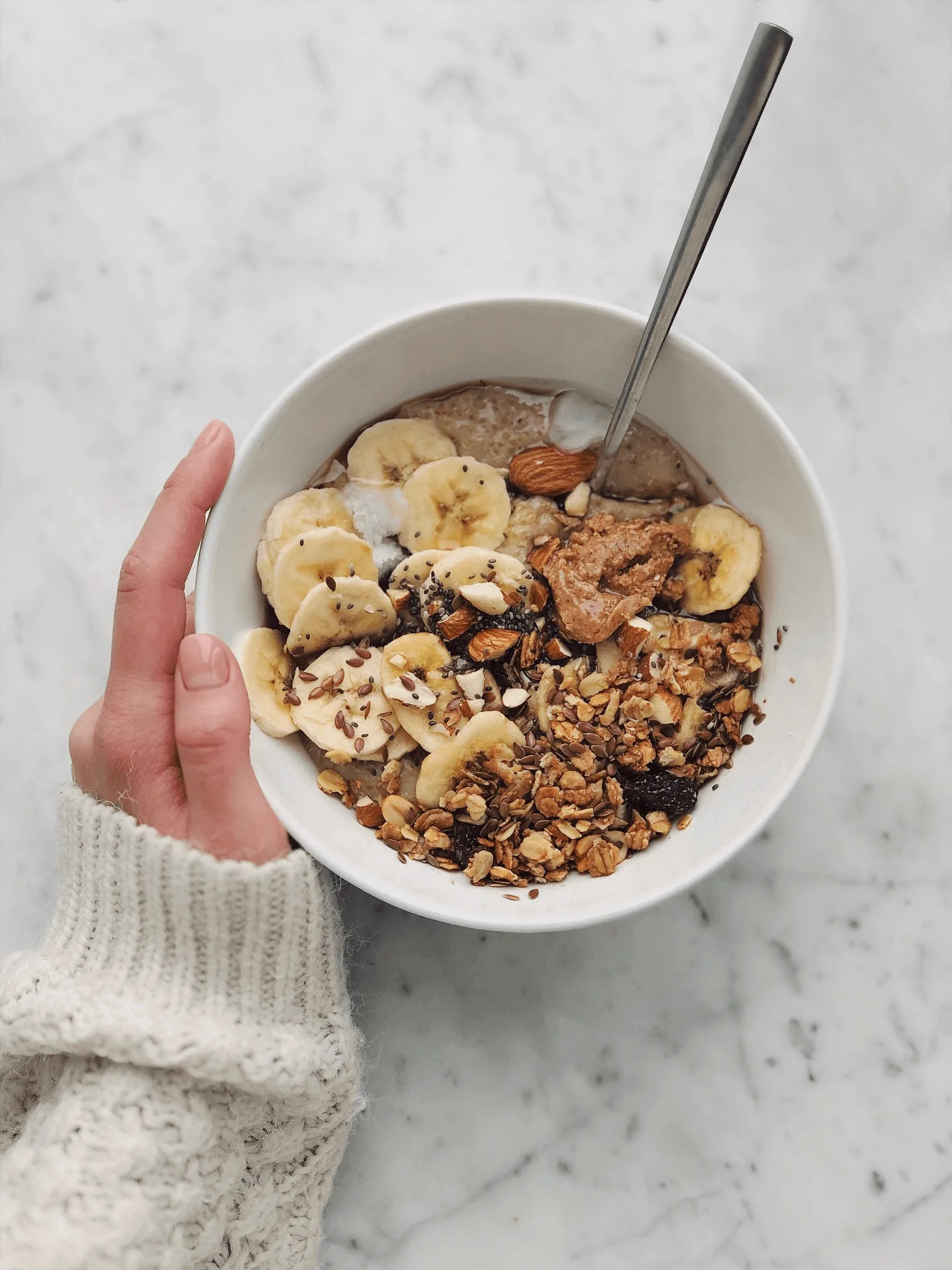Itching During Pregnancy: Types, Causes, Home Treatments, and When to Consult a Doctor
Before stepping into motherhood, a woman begins to prepare herself and her surroundings for the safe arrival of her little angel into this world. Unfortunately, certain things are unpredictable. They may even seem irrelevant in the beginning, but if not treated at the right time, it can cause uneasiness for the mother, and therefore, to the unborn child. One such noticeable issue faced by women around the world is itching during pregnancy.
As the mother’s body stretches to create enough space for the baby, the skin begins to tighten, which is one of the main causes of itching during pregnancy. Another reason can be an increased supply of blood to the skin. Thankfully, there are several things you can do that will help yourself deal with itchy skin during third trimester in the most natural ways.
How Common Is Itching During Pregnancy, and When Does It Go Away?
Although not everyone suffers from this condition, about 20 percent of pregnant women do experience mild or moderate itching at some point during their pregnancy. It could occur at any time, and although it might be irritating and uncomfortable, it’s a normal part of being pregnant. Of course, always consult your healthcare provider if you have any concerns or questions. But once the scratching begins, it’s hard to stay focused on anything else! Your body itching during pregnancy is challenging, both physically and emotionally, but you can take comfort in knowing that this pesky symptom typically goes away after birth. Hang in there!
Itchy Skin During Pregnancy
If you start to notice your skin itching during pregnancy, know that you’re not alone. It turns out that 2 in 10 pregnant women will experience some itchiness on their abdomen or elsewhere on their body. The itching is typically caused by your growing belly bump, which results in dry, flaky, and stretched skin, sometimes accompanied by a rash. Along with itching, you might notice some stretch marks on your breasts, tummy, thighs, butt, or upper arms. As the name suggests, stretch marks occur when the skin stretches and loses elasticity due to hormonal shifts. In turn, your stretch marks might also itch!
Breasts Itching During Pregnancy
If your breasts are itching during pregnancy, it’s usually for the same reason as itchiness elsewhere: your skin is expanding, stretching, and drying out. Even during early pregnancy, you might notice some itching and significant changes in your breasts. Don’t be surprised if you grow one whole cup size during your first trimester! Most of that growth happens due to fat buildup and increased milk glands, all good things in preparation for feeding your baby. But do nipples itch during pregnancy, too? Yep, your entire breast is susceptible to itching, so you may notice itchiness on your areolas.
Vaginal Itching During Pregnancy
Vaginal itching during pregnancy, and itching around the urethra, can sometimes occur, and may be more likely to crop up as your pregnancy progresses. You might also notice some pain, burning, or vaginal discharge, all of which may be normal yet uncomfortable. Typically, these symptoms subside after giving birth. You may experience more vaginal itching during pregnancy because your fluctuating hormones can cause a pH imbalance, which could also lead to a yeast infection. Unfortunately, yeast infections and itching in the vaginal area during pregnancy are quite common, so don’t worry if you’re experiencing symptoms. Your healthcare provider can help you!
Anal Itching During Pregnancy
Of all the itching of your private parts during pregnancy, anal itching might be the most embarrassing. Just remember that your hormones are shifting, and with that comes changes that you can’t control. A common occurrence while pregnant is developing hemorrhoids, which are swollen blood vessels around the anus and rectum. You can blame both hormones and that typical pregnancy symptom constipation.
How to Get Relief From Itching During Pregnancy Using Home Remedies
1. Use Cold Compresses: Ice packs always work. All you really have to do is take a pack and place it in the affected area. This should immediately give you relief from itching during pregnancy and even reduce swelling, if any. This is one of the simplest and effortless remedies for itching during pregnancy.
2. Use Lemon Juice: Lemon juice contains antimicrobial elements in it, which helps in removing any microbes causing itching during pregnancy in 9th month. Just squeeze some amount of juice from a lemon and dilute it with water. Then, dab the solution on the affected area with cotton.
3. Try Gram Flour Paste: Gram flour, also known as besan, has been noted to keep skin fresh and soft. Therefore, using this paste often will allow you to keep your skin moisturised, avoiding itchy skin during third trimester.
4. Keep Coconut Oil Handy: As Indians, we have been showered with the knowledge of the benefits of coconut oil since childhood. So it shouldn’t come as a surprise to you that rubbing a few drops of this magical ingredient on the affected area can help ease your pain and avoid itchy skin during third trimester.
5. Try Aloe Vera Gel: The Aloe Vera plant contains a gel-like ingredient that has been known to cure most skin problems. But did you know that this same ingredient can also help with itching in pregnancy? This is mainly because the gel has anti-inflammatory and hydrating properties that can make the skin smooth and reduce itching during pregnancy in 8th month.
6. Give Baking Soda a Try: The last one in this list is a very popular household item - baking soda. Just make a thick paste with water and apply it to the affected area. You will instantly see a difference. Once the paste dries off, wash it with cold water. The paste is known to restore the skin’s pH level and decrease itching during pregnancy in 8th month.
Severe Itching During Pregnancy
Although most itching during pregnancy, including vaginal itching, is mild, there is a possibility of experiencing more severe or extreme itching. If this happens, it’s best to consult with your healthcare provider the same day that you notice the symptoms, especially if you’re experiencing severe itching during pregnancy in months 7 to 9 (third trimester) or later.
Itching during your third trimester of pregnancy, specifically on the palms of your hands or soles of your feet, may indicate a liver condition called cholestasis. Because it affects your liver, there are some risks to your baby. It’s one of those important pregnancy warning signs to look out for.
Another condition that could trigger extreme itching during pregnancy, along with red and raised patches, is one commonly known as PUPPP (pruritic urticarial papules and plaques of pregnancy). It’s more typical in first pregnancies or pregnancies with multiples. Only about 1 out of every 160 pregnant women develops this issue, and there’s no risk to your baby.
The Bottom Line
Itching during pregnancy isn’t very comfortable, and it may be one of those pregnancy symptoms that sneak up on you. Luckily, itching is usually nothing to worry about, typically subsides after giving birth, and can be eased during pregnancy (all the way through your third trimester) with some home remedies.
Prepare for the delivery day in advance; pack your hospital bag for delivery now! Make a list of all essentials for you and your baby while you anxiously wait for your baby’s arrival into this world.
FREQUENTLY ASKED QUESTIONS
Itching during pregnancy is quite common. Two out of every 10 pregnant women will experience it at some point, so you’re not alone! If it turns into severe itching or accompanies a rash, especially on your hands and feet, you should contact your healthcare provider.


